In May 1980, BCCI formally inaugurated the establishment of its first branch in Lomé, capital of the West African Republic of Togo, as part of BCC’s policy of expansion in French-speaking Africa and part of BCCI’s progress in the Third World countries where colonial banks still dominated the local economy.
Country information
Togo, officially Togolese Republic, Western Africa, was bordered by Benin, between Benin to the east, Ghana to the west and Burkina Faso to the north.
.jpg)
Lome, the capital of Togo and the largest city, was situated in the southwest of the country and was a seaport facing the Atlantic Ocean.
History
From the 11th to the 16th centuries, various ethnic groups settled in the Togo region. From the 16th to the 18th centuries, the coastal region became a major trading centre for enslaved people, and the surrounding region took on the name of "The Slave Coast."
Togo became a colony of Germany until the beginning of World War I, as part of the Togoland German protectorate. It was occupied by British and French forces in 1914. In 1922 the League of Nations assigned eastern Togoland to France and the western part to Britain. In 1946 the British and French governments placed the territories under United Nations Trusteeship. Ten years later British Togoland was incorporated into the Gold Coast, a British territory now known as Ghana.
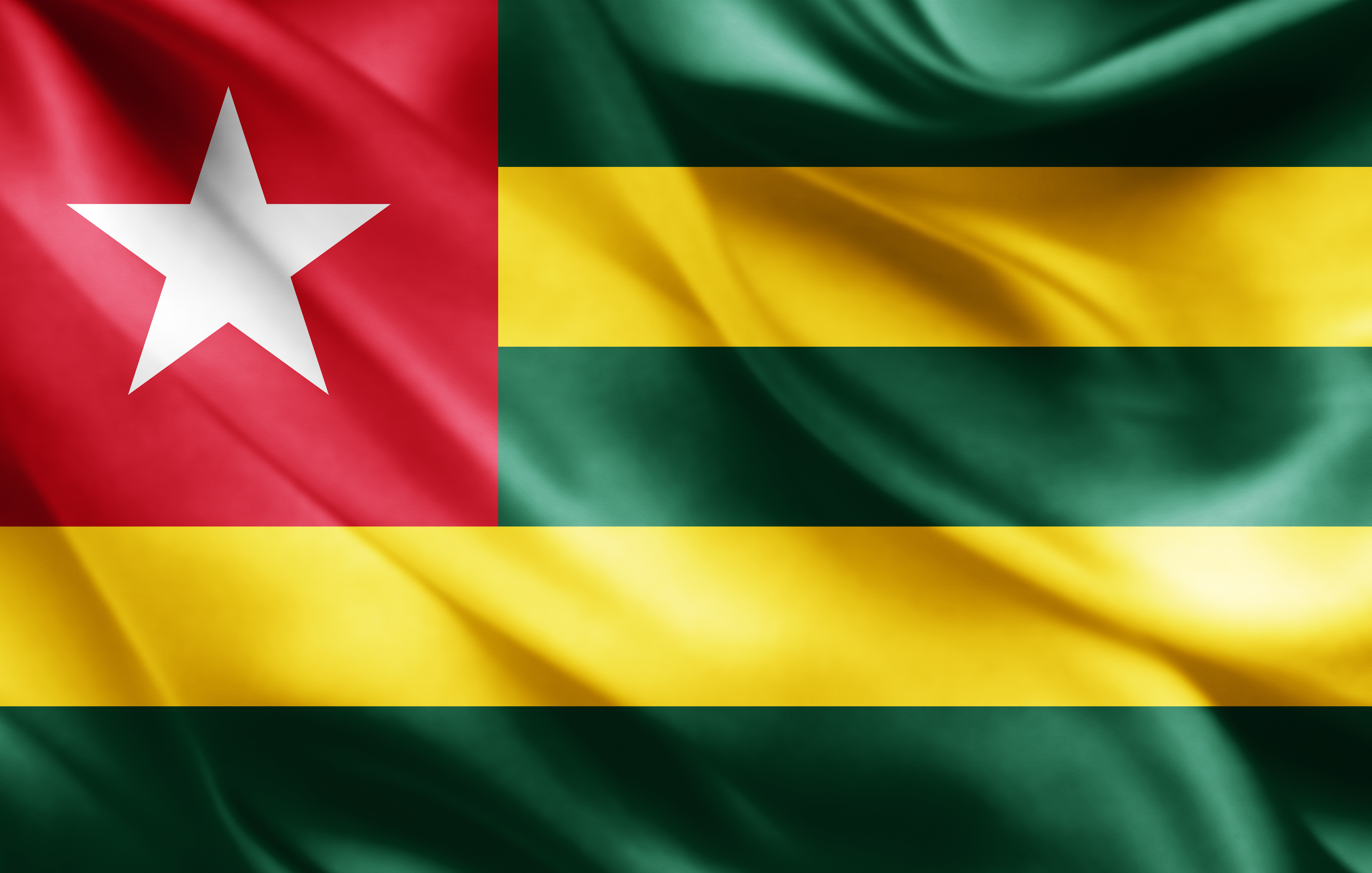
French Togoland gained independence from France in on 27 April 1960 and proclaimed as The Togolese Republic.
Population and language
Benin had a population of around three million in 1980 when BCCI entered Togo and the country was one of the more densely populated African nations with most of the population residing in rural communities.
French was the official language.
Ewe and Mina were the two major African languages in the south, while Kabye (sometimes spelled Kabiye) and Dagomba were the two major African languages in the north.
Economy
The terrain of Benin covered gently rolling savanna in north; central hills; southern plateau; low coastal plain with extensive lagoons and marshes.
In 1980 the economy was based largely on agriculture, with industrial development still in its early stages. The main crops were cotton, coffee and cocoa.
The country had large phosphate reserves that was the main industrial product Togo was the fifth largest producer in the world and there was investment in an oil refinery and cement works.
BCCI in Togo
Togo’s potential for source of business made it an important country in which to also establish BCCI's branch in the capital, Lome. Togo’s main trading partners for foreign trade were then Netherlands, France, West Germany, U.S.A. and Switzerland where BCC had its branches.
BCCI branch in Lome was formally inaugurated in May 1980.
Those present at the opening ceremony included Mr Iqbal Rizvi, senior executive in BCCI central office London responsible for Francophone region; Mr Amin Uddin, the first country/branch manager; Mr Shabbin UI Hassan, manager BCCI Abidjan; Mr Tete Tevi Benissan, Minister of Economy and Finance; Mr Ogamo Bagnah, Director General, Ministry of Agriculture; Elam Mr Kokou Fourn, Mayor of Lome; members of the Central Committee BCCI Central Office London.
"In spite of the fact Togo is a very small country, we are confident that the unity and stability achieved by the government will continue and the branch will develop into one of our most viable operations in West Africa," commented Mr Iqbal Rizvi, executive-in-charge for BCCI's Francophone (French-speaking) countries at Central Support Office in London, United Kingdom.
At the ceremony, Mr Amin Uddin, BCC country/branch manager assured those present that the objective of the new branch was to work within the existing banking systems in operation in Togo, wherever possible providing short-term finance to aid the business development of the Togolese.
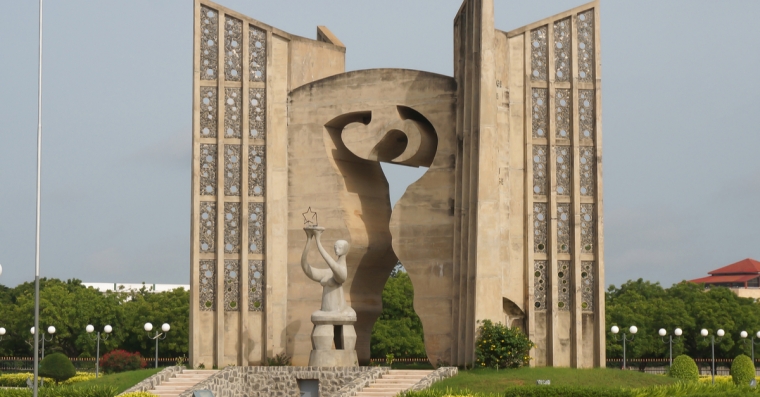
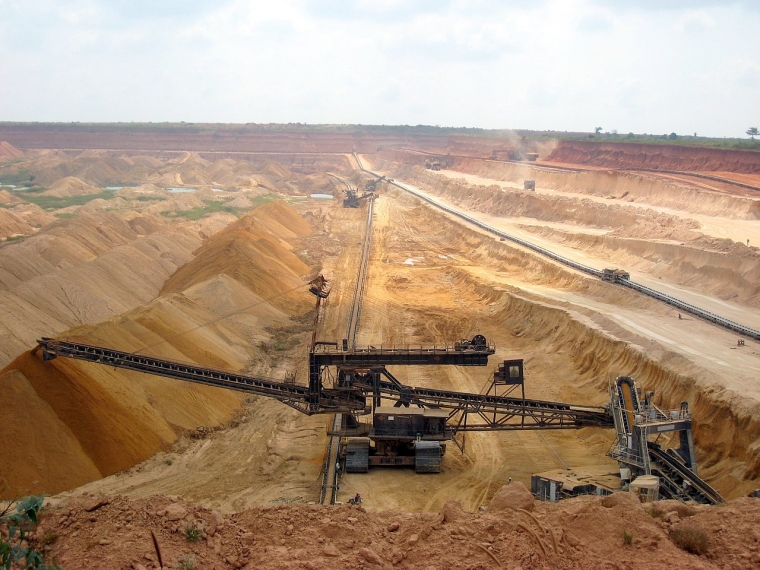
Togo was developing rapidly, mainly due to the stability of both the government and the economy. Lomé had become one of the major seaports in the region and a centre of trade and commerce, with many goods destined for neighbouring countries passing through the capital city. These included a high proportion of the imports of three landlocked countries: Niger, Upper Volta and Mali.
This factor, together with Togo's growing profitable exports of cocoa beans and palm products, had created a buoyant and thriving economy, with an annual GNP of more than US$300 a head in the 1980s.
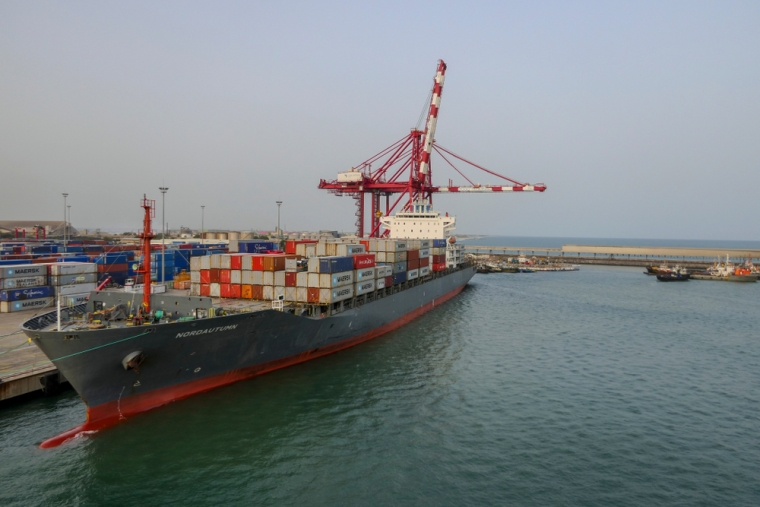
The tourist industry was also booming in Togo. Luxury five-star hotels had been built and the clean, well-kept beaches, coupled with the quality and variety of goods that were to be found in the city's shops, attracted many European visitors.
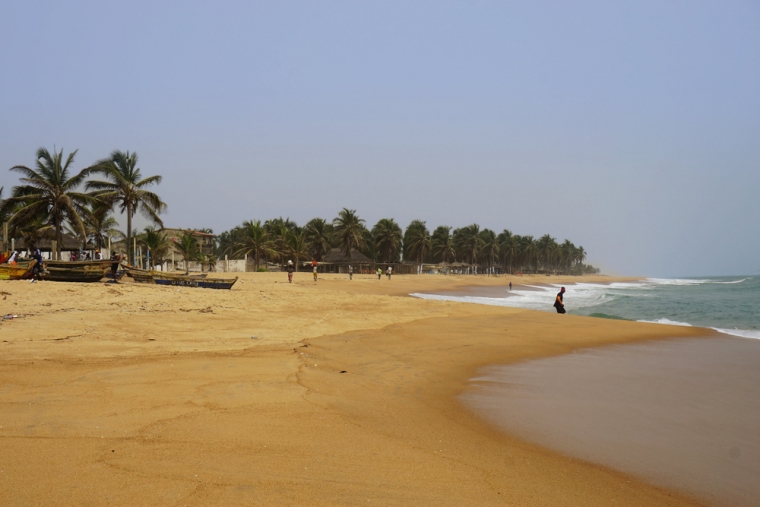
BCC Lome branch
The opening of BCCI’s branch in Lome, the capital and largest city of Togo, made a huge difference in opening up Togolese to modern banking practices. The banking industry in the country was dominated by the large French colonial banks.
The branch was initially on Rue du Grand Marche and later moved into larger premises on Avenue du Marechal Gellieni, the coastal road in Lome that faced the sea, with the city stretching behind.
.jpg)
_0.jpg)
Lome branch was located at:
I Avenue du Marechal Gallieni
Immcuble Taba
PO Box 3084
Lome
Telephone: (228) 210161 / 216219
Fax: (228) 211057
Telex: 5349 BCCT
BCC sought to understand the dynamics of the local market in which they were operating, and then to serve that market within the concept of giving.
When BCC started operations in Lome in 1980, it had 19 staff. In 1984 the staff number increased to 34.
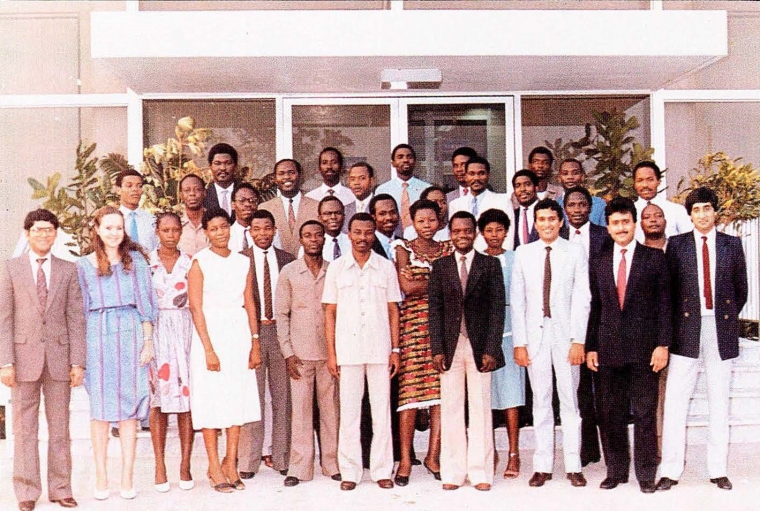
Business strategy
At the outset, BCCI’s priorities in Togo were, first, to build a solid base of deposits, then to move into the export business, and, finally, to break into the import business. This pattern of growth followed BCCI’s decision in 1981 to increase bulk commodity business handled by the bank.
Client relationships
The success of BCCI was mainly because of the close personal services that BCCI managers, officers and staff extended to all clients - BCC officers and staff in Lome branch took their services to clients. Often resulting in increased in deposits from customers of Lome branch as well as increase in corporate clients.
The branch manager, officers and staff in the branch also called on corporate clients and met their officials at their place of business to discuss their needs.
The Togolese were not accustomed to that level of interaction and closeness in their dealings with the manager and staff in the colonial French banks.
Mr Ameri Nouwaga, who was involved in marketing in the branch and developing relationships with clients said “We try to avoid unnecessary formalities with clients and go straight to the heart of the matter. This allows us to offer a faster and more personal service”.
This was demonstrated in the way officers in BCCI Lome branch quote on foreign exchange rates. Most of the local international banks took 48 hours to give a trader an indication of an exchange rate. And the scope of their thinking was confined to the CFA and French Franc currencies. BCCI, on the other hand, was able to give a fixed rate in any currency in just a few minutes through BCC dealing room network.
Mr Blewu Gbikpi in Lome branch since 1980 whose main responsibility was in market research, believed that BCCI’s efforts in providing a personalised service to Togolese personally was within a concept of giving and this too contributed a great deal to BCC’s success in Togo. 'Giving', he said, 'comes from God and it is the ethos of BCC. It shows that BCCI is not concerned solely with material wealth, but looks beyond this to the moral wellbeing of people”.
Corporate business
BCCI Lome branch was very active in dealing with foreign trade, which was also the core operations of BCCI group branches.
Many imports destined for Nigeria passed through Togo, and trade with neighbouring Ghana was important until the Ghana closed its border in 1982.
With Togo a focal point for trade in the region, BCC Lome branch handled approximately 20% of Togo's imports and 25% of the country's exports.
The expansion of Lome's deep water port to handle containers and BCCI opening a branch in Niamey, the capital of Niger, helped in further increasing cross-border trade business handled by the branch.
Three of the major oil companies involved in Togo opened their accounts with BCCI Lome branch.
Helping the Government of Togo
Mr Tariq Ahmed took charge as country manager for Togo when Mr Amin Uddin was appointed country manager for BCCI in Cote d’Ivoire (Ivory Coast).
Mr Ahmed with his colleagues in Lome branch increased efforts to help the government find new markets for Togo's exports of phosphate and agricultural products through BCC’s international network. Such efforts earned goodwill for BCCI in government circles and secure a greater share of the business for imports of rice and oil for Lome branch.
_0.jpg)
Mr Ahmed joined BCCI in 1976 as a trainee officer spent his first BCCI year attending a training course at BCCI’s regional training centre in Karachi, Pakistan. He went on to work for BCCI in Oman, Sierra Leone and Gabon. However, before Mr Ahmed took charge in Togo he was sent to BCCI Nice, south of France, to complete a four-month introduction to the French language.
BCCI closure
On 5 July 1991 the Bank of England and other regulators in the west decided to freeze BCCI Group's assets and abruptly shut down BCCI's operations worldwide.
The priority of the governments and central banks in some countries was to protect their people and the local operations of BCCI continued in a different name after the assets and liabilities were acquired by private investors or another bank.
BCCI Lome branch was reportedly closed from 8 July 1991 and under joint control with the Central Bank. No information further is available on the operations of BCCI in Togo.
"The central bank of the Monetary Union of West African States announced last week that BCCI branches in Niger, Togo, Senegal and Ivory Coast were financially sound and would reopen soon." (apnews abidjan: 1 August 1991).
The BCCI Group majority shareholders considered the abrupt action by western central banks to shut down BCCI in 1991 was unjustified when they already had detailed discussions with the Bank of England and other regulators on a restructuring plan and would have injected further capital, if required.
In a 24-page report not made public but sent to some 60 central bankers worldwide, the United Nations Center on Transnational Corporations said that by simply shutting down the 70-nation banking network that financed international trade of $18 billion a year, the economic damage fell hardest on countries like Nigeria, Bangladesh and Zambia, where B.C.C.I. was an important institution. (New York Times, Feb 5, 1992)
Also read:
Acknowledgment:
- In-house magazine
